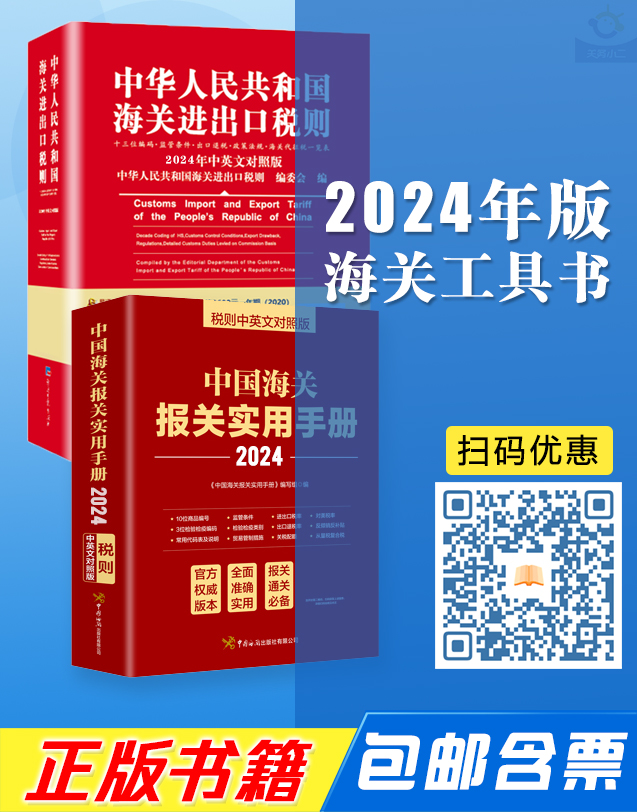|
|
 USTR Initiates Section 301 Investigation on China’s Acts, Policies, and Practices Related to Targeting of the Semiconductor Industry for Dominance
December 23, 2024 WASHINGTON – United States Trade Representative Katherine Tai announced today the initiation of an investigation regarding China’s acts, policies, and practices related to targeting of the semiconductor industry for dominance. The investigation will be conducted under Section 301 of the Trade Act of 1974, as amended.
Evidence indicates that China seeks to dominate domestic and global markets in the semiconductor industry and undertakes extensive anticompetitive and non-market means, including setting and pursuing market share targets, to achieve indigenization and self-sufficiency. China’s acts, policies, and practices appear to have and to threaten detrimental impacts on the United States and other economies, undermining the competitiveness of American industry and workers, critical U.S. supply chains, and U.S. economic security.
“This investigation underscores the Biden-Harris Administration’s commitment to standing up for American workers and businesses, increasing the resilience of critical supply chains, and supporting the unparalleled investment being made in this industry,” said Ambassador Katherine Tai.
The investigation will initially focus on China’s manufacturing of foundational semiconductors (also known as legacy or mature node semiconductors), including to the extent that they are incorporated as components into downstream products for critical industries like defense, automotive, medical devices, aerospace, telecommunications, and power generation and the electrical grid. The investigation will also initially assess whether the impact of China’s acts, policies, and practices on the production of silicon carbide substrates (or other wafers used as inputs into semiconductor fabrication) contributes to any unreasonableness or discrimination or burden or restriction on U.S. commerce.
As explained in a formal notice, USTR will be seeking public comments and will hold a public hearing in connection with this investigation. A docket for comments regarding the investigation will open on January 6, 2025.
Background
Section 301 of the Trade Act of 1974, as amended, (Trade Act) is designed to address unfair foreign practices affecting U.S. commerce. Section 301(b) may be used to respond to unreasonable or discriminatory foreign government practices that burden or restrict U.S. commerce. Under Section 302(b) of the Trade Act, the U.S. Trade Representative may self-initiate an investigation under Section 301.
The U.S. Trade Representative must seek consultations with the foreign government whose acts, policies, or practices are under investigation. USTR has requested consultations with China in connection with the investigation.

以下为中文翻译参考:
美国贸易代表办公室启动针对中国半导体行业主导地位行为的“301条款”调查
2024年12月23日
华盛顿——美国贸易代表戴琪(Katherine Tai)今日宣布,启动针对中国在半导体行业主导地位相关行为、政策和做法的调查。该调查将依据修订后的《1974年贸易法》第301条进行。
证据表明,中国试图主导国内和全球半导体市场,并通过广泛的反竞争和非市场手段,包括制定和追求市场份额目标,推动本土化和自给自足。中国的这些行为、政策和做法已对美国及其他经济体造成并可能继续构成负面影响,削弱了美国工业和工人的竞争力、关键供应链的韧性以及美国的经济安全。
“此次调查体现了拜登-哈里斯政府致力于维护美国工人和企业利益、增强关键供应链韧性以及支持这一行业空前投资的承诺,”戴琪大使表示。
调查的初步重点将是中国制造的基础性半导体(亦称为传统节点或成熟节点半导体),包括它们作为零部件被纳入国防、汽车、医疗设备、航空航天、电信以及发电和电网等关键行业下游产品的情况。同时,调查还将初步评估中国的行为、政策和做法是否对碳化硅基板(或用于半导体制造的其他晶圆生产)造成影响,并是否因此对美国的商业构成不合理或歧视性负担或限制。
根据正式通知,美国贸易代表办公室(USTR)将就此次调查征求公众意见,并举行一场公开听证会。关于调查的意见提交渠道将于2025年1月6日开放。
背景信息
《1974年贸易法》第301条(经修订)旨在解决影响美国商业的外国不公平行为。根据第301条第(b)款,美国可针对不合理或歧视性外国政府行为进行回应,这些行为可能对美国商业造成负担或限制。在《贸易法》第302条第(b)款下,美国贸易代表可自行启动第301条调查。
美国贸易代表必须与涉及调查的外国政府就其行为、政策或做法展开磋商。USTR已请求与中国就此调查进行磋商。
(声明:以上翻译自USTR原文,不代表本站同意其观点)
|
|
 中美关税在线查询系统
中美关税在线查询系统 中美贸易:美国对中国(12.11更新) | 中国对美国(11.29更新)
中美贸易:美国对中国(12.11更新) | 中国对美国(11.29更新) 3C目录清单 | 进口旧机电 | 特殊业务 | 2025年关税
3C目录清单 | 进口旧机电 | 特殊业务 | 2025年关税 海关汇率查询(已更新至2025.1月)
海关汇率查询(已更新至2025.1月) IC卡:操作卡延期 | 法人卡延期 | IC卡解锁 | 信息不足 | 单一窗口缓存清理 | 频繁提示安装控件 | 报关员绑定 | IC卡购买
IC卡:操作卡延期 | 法人卡延期 | IC卡解锁 | 信息不足 | 单一窗口缓存清理 | 频繁提示安装控件 | 报关员绑定 | IC卡购买
 /1
/1 
![]() 粤公网安备44030802000522号
粤公网安备44030802000522号